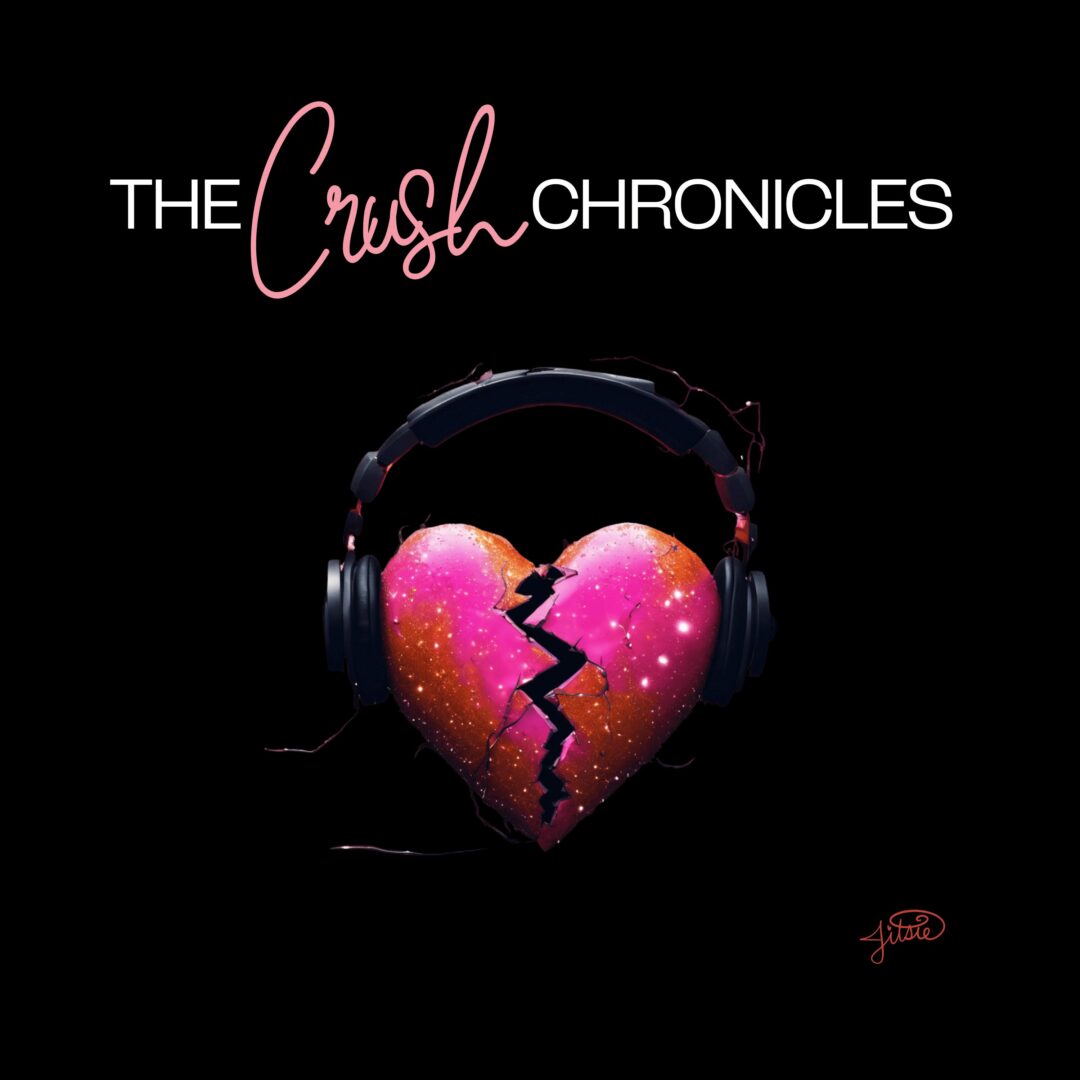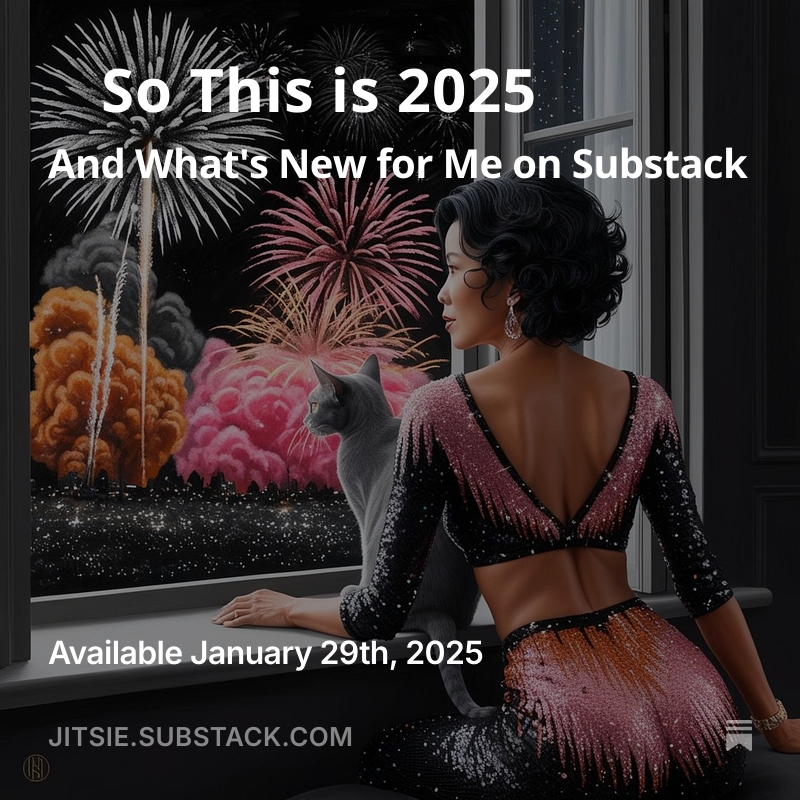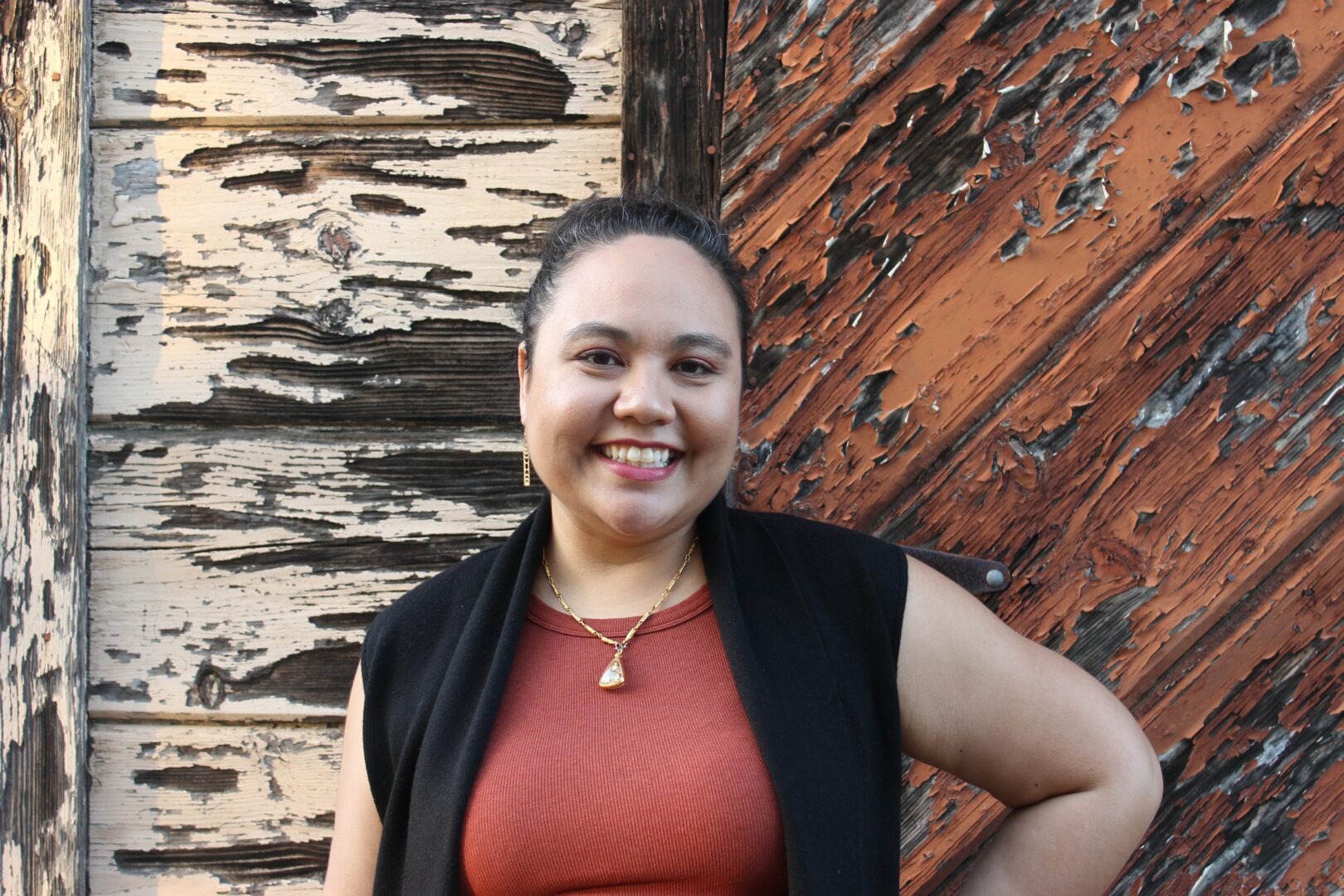Alright – so today we’ve got the honor of introducing you to Rachel Jitsawat. We think you’ll enjoy our conversation, we’ve shared it below.
Rachel, appreciate you making time for us and sharing your wisdom with the community. So many of us go through similar pain points throughout our journeys and so hearing about how others overcame obstacles can be helpful. One of those struggles is keeping creativity alive despite all the stresses, challenges and problems we might be dealing with. How do you keep your creativity alive?
I keep my creativity alive by taking notice of what inspires me. Once I’m in tune with that, I try to incorporate it into my routines as much as possible. It could be as simple as watching my favorite movies and TV shows again or realizing that ideas seem to flow out of me when I’m near water, like in the shower or doing the dishes. It never gets dull as many things can inspire me: reading books and magazines, meeting an awesome person, hearing someone else’s success story, or even watching organization shows. Along with all of this comes the necessity to take time to rest. Getting inspired is also energy-consuming, so sometimes you need to lean the other way and slow down and absorb silence.

Thanks, so before we move on maybe you can share a bit more about yourself?
I write for my Substack, The 9 Lives of Rachel Jitsawat. Substack is a platform for readers and writers to interact, and readers can support writers by upgrading to paid subscriptions.
I’m using the platform to release my memoir, The Crush Chronicles, as a serial. Each post is a part of a chapter, and each chapter features one crush from my past. Some stories are lighthearted, others wander into more serious topics. Free previews are available to all who visit my page, and they are released once per month. Paid subscribers also get journal prompts and a millennial nostalgia playlist, curated by me, with each Crush Chronicles post.
Adjacent to my serial memoir, I host a companion podcast of the same name. Each episode is inspired by a post, and I bring a guest to interview and discuss applicable topics. Listeners do not have to have read my Substack, because the content is universally relatable without having to have read anything. Episodes are released every other week.
In addition to The Crush Chronicles, I also write one creative non-fiction piece, or a “Jitsie Jot,” that is always available to everyone, which also comes out once per month.
With the variety of content I offer, signing up for my Substack means you receive new content every week.
The 9 Lives of Rachel Jitsawat is still new, and I would like to build a community in which people can feel comfortable talking about crushes, past or present, at any age. I was very hesitant to release these stories; most of them are from when I was in high school, and I’m almost 40! But the more articles I release, the more comments I receive stating how relatable my situations were. I had thought I was alone in these feelings. I was hesitant because my perception of crushes was that they are juvenile, and not something that we should discuss after a certain age. It’s just not true, though. Anyone can have a crush at any time of their lives, in varying degrees. It could be as feeble as a fictional crush or as painful as getting your heart broken, but all of them bring up feelings that we should be allowed to explore comfortably, not suppress because of embarrassment. In writing these chronicles, I’ve discovered that you can learn a lot about yourself and the person you have become through the experiences you have had with each crush in your life.
I have a lot of plans for my Substack this year, including the finale of the first season of the podcast. The second season is set to come out in the spring.

If you had to pick three qualities that are most important to develop, which three would you say matter most?
The three qualities, skills, or areas of knowledge that were most impactful in my journey were: writing skills, listening to advice, good and bad, and networking.
My writing skills were built into me from a very young age. I began keeping a diary when I was eight years old, a habit I’ve kept to this day, and I always began writing books (though I never finished them). I was one of the few kids who loved English and Language Arts classes and enjoyed writing assignments. I joined the yearbook staff in high school and wrote for the school newspaper. I’m still enthralled in writing lessons, and I am currently working on completing my first writing certification course. Yet, when I went to college, I decided to study film. I left writing for over a decade before I came back to it. Sometimes I think the child in us knows what we work best at, but we can come to ignore our base intuitions as we get older and become bombarded with the noise of life.
Listening to advice can come from anywhere: YouTube, classes, self-help books, group meetings, etc. The best advice I have received so far has been when I went to networking events and met not only people in the writing field but other fields, too. It was a man who ran a very successful sci-fi radio station that told me my niche wasn’t a niche; I was kind of all over the place. I realized he was right, and the reason why I hadn’t committed to a niche was because I was just playing it safe. That one piece of advice led me to a more defined brand and vision for my work. I include listening to bad advice because it helps you see things from different perspectives as well as learn to follow your instincts for what you don’t want and for what you do not want to do. Anything that can assist in giving you clarity helps keep you from wasting your time.
I used to despise the word networking. I am a well-practiced introvert and am classically shy. The worst social exercise you can make me endure is going up to a person I do not know and telling them about myself after we just met. I don’t know if it’s because I’m 39 and have been through many experiences now that I’ve been able to exercise this muscle, but it does not scare me as much anymore. I will feel a healthy dose of nervousness before networking, but more times than not, I am pleasantly surprised at the response I receive when I tell someone about my work. It also helps that I know my audience. Most men are not going to read a memoir titled The Crush Chronicles, so I try to focus on networking events for women. All of my stories occur between the 90’s to the 2000’s, so millennial women are even more likely to relate to my work than others. It doesn’t mean I never network or meet those not in my anticipated audience, I just do not waste my time seeking them out.

One of our goals is to help like-minded folks with similar goals connect and so before we go we want to ask if you are looking to partner or collab with others – and if so, what would make the ideal collaborator or partner?
I would love to continue to collaborate with anyone interested. I am always looking for people to interview for my podcast. Potential guests would need to feel comfortable having conversations that feel like a girls’ night full of nostalgia and fun, with a balance of healthy respect for more serious topics, should they arise. The only requirements are that you must have Zoom, and you must be willing to read the short piece that the episode will be inspired by.
I am beginning to accept applications for guests on season two of The Crush Chronicles Podcast, which can be found here: https://forms.gle/osFcMakz4d18d6XJ7.
For all other collaborations, I can be reached at jitsie@racheljitsawat.com.
Contact Info:
- Website: https://jitsie.substack.com
- Instagram: @racheljitsawat
- Linkedin: https://www.linkedin.com/in/racheljitsawat/
- Youtube: https://www.youtube.com/@JitsieTube
- Other: https://linktr.ee/RachelJitsawat

so if you or someone you know deserves recognition please let us know here.




